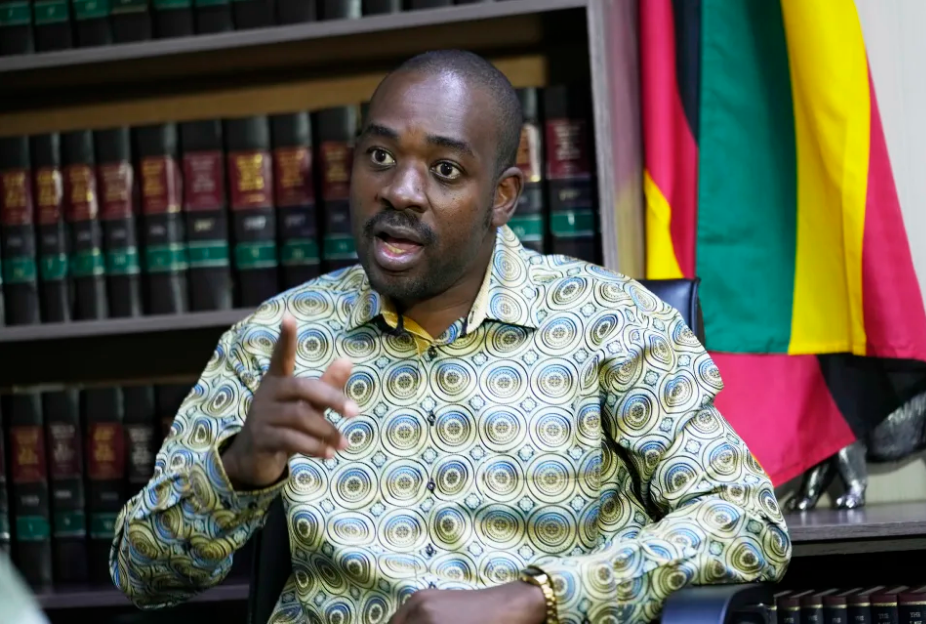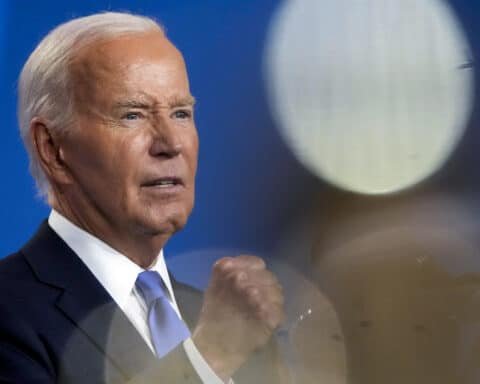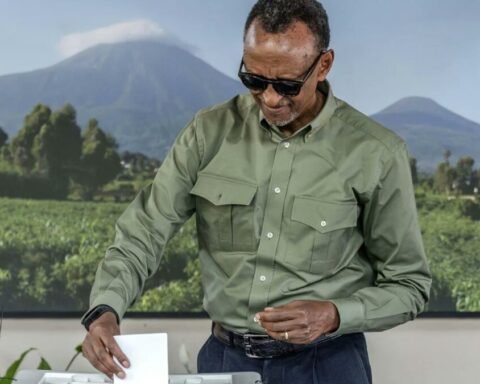In a compelling critique of Zimbabwe’s latest economic strategy, Nelson Chamisa has vehemently argued that the nation’s focus should not be on introducing a new currency but on achieving a fundamental political transformation. Addressing the core issues plaguing Zimbabwe’s economy, Chamisa insists that the root cause is not the type of currency but a profound lack of public confidence and trust in the current government’s stability and effectiveness.
Chamisa’s remarks come at a critical juncture for Zimbabwe, a country that has grappled with severe economic instability, marked by hyperinflation, currency collapses, and a general erosion of public trust in financial and political institutions. The government’s proposal to introduce a new currency has been met with skepticism, not only by opposition figures but also by a populace weary of temporary fixes to deep-seated issues.
“A currency is a bundle of trust and confidence,” Chamisa stated, highlighting the importance of the government’s role in ensuring economic stability. He further elaborated that without the foundational elements of trust and effective leadership, no currency, irrespective of its form, could salvage the nation’s economic woes.
Reflecting on Zimbabwe’s troubled history with currency reforms—from the Zimbabwean dollar (ZW$) to bond notes and RTGS dollars—Chamisa predicted that any new currency initiative would inevitably fail if the underlying political and governance issues remain unaddressed. He cited past failures as a testament to the critical need for a political overhaul.
Chamisa’s call for change extends beyond mere political rhetoric. He envisions a “Citizens-backed structured political change,” advocating for a dialogue that prioritises the establishment of a government reflective of the people’s trust and capable of guiding Zimbabwe towards economic recovery and prosperity.
The opposition leader’s statement is a resonant call to action, emphasising that without a “TOTAL CHANGE” in the political landscape and a return to principled governance, Zimbabwe’s economic fortunes cannot be reversed. His message underscores a yearning for democratic leadership that can restore confidence, stability, and hope for a nation on the brink.
As Zimbabwe stands at a crossroads, Chamisa’s perspective offers a poignant reminder of the interconnectedness of political integrity and economic stability. His appeal for a comprehensive approach to Zimbabwe’s challenges resonates with many who believe that true prosperity is rooted in democratic values and effective leadership.








